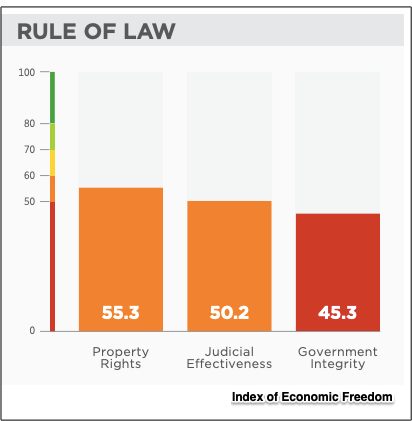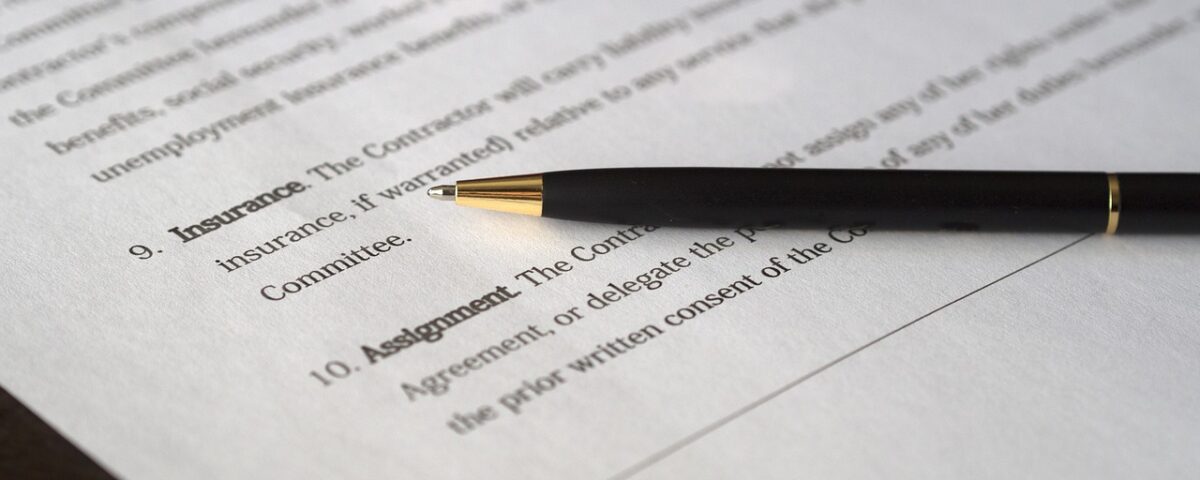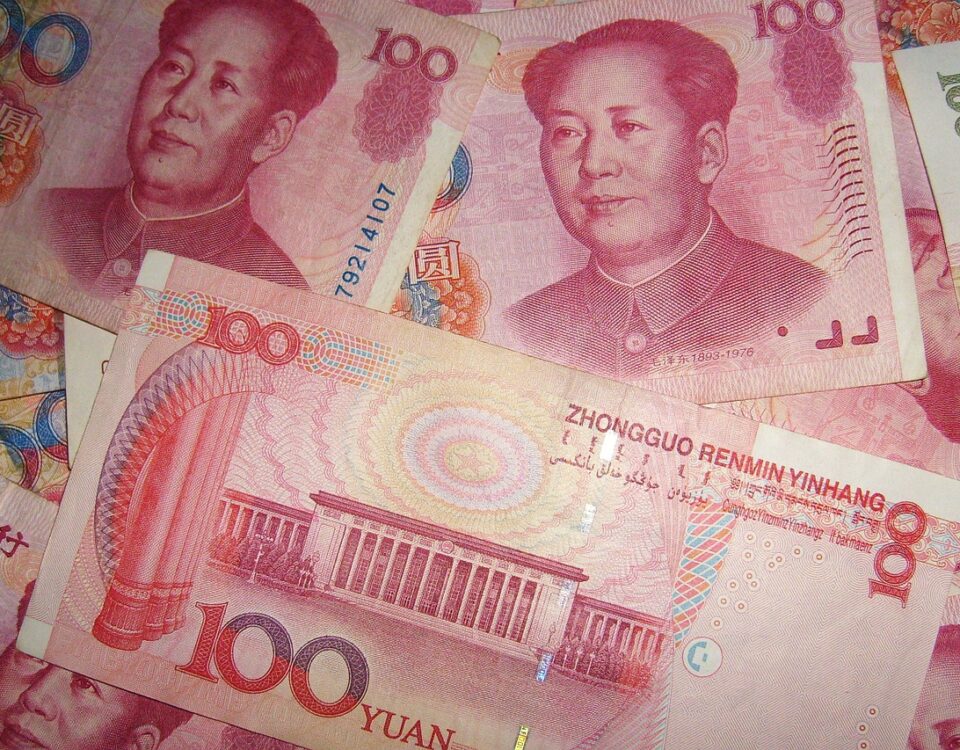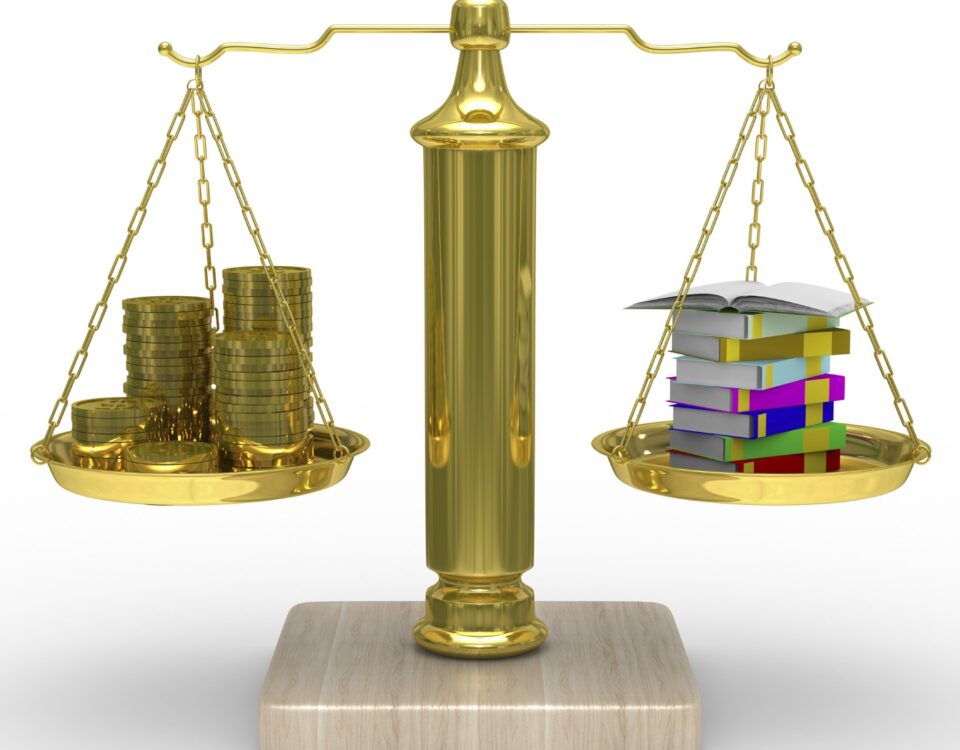
Should We Worry About Robots?
July 12, 2022
Why a Heat Wave Name Would Help
July 14, 2022Laissez-faire remains in the news.
No, the headlines are not referring to it explicitly. But, for Covid, we had to decide how much government should leave the economy alone or intervene. Demonstrating less laissez-faire, the United States added $4 trillion as Covid-related spending. Meanwhile, with more of an existing safety net, European nations had somewhat less to do. Still, for every one of the top 10, more government spending pulled scores downward.
The Index of Economic Freedom
Returning to the 2022 Index of Economic Freedom. I wondered what boosted the scores of the countries with the most economic freedom. Taking the next logical step, I went to the bottom ten to see how they fared in comparable categories.
One common thread for the top 10 countries was the property rights component of the Rule of Law category. Except for Taiwan and New Zealand, the top ten countries’ scores were in the 90s. And even for Taiwan and New Zealand, they sunk minimally to the 80s. Knowing that the highest average score was Singapore’s 84.4, you can see that property rights boosted the position of all but Taiwan.
The Property Rights Scores for the Top 10 Ranked Countries:
- Singapore: 94.4
- Switzerland: 95.2
- Ireland: 92.6
- New Zealand: 88.2
- Luxembourg: 97.4
- Taiwan: 81.3
- Estonia: 91.5
- Netherlands: 96.2
- Finland: 100
- Denmark: 98.6
The Property Rights Scores for the Bottom 10 Ranked Countries:
- 168. Central African Republic: 7.1
- 169. Bolivia: 14.1
- 170. Iran: 26.6
- 171. Eritrea: 8.6
- 172. Burundi: 18.8
- 173. Zimbabwe: 20.8
- 174. Sudan: 22.2
- 175. Cuba: 31.5
- 176. Venezuela 0.2
- 177. North Korea 16.3
Among the 177 ranked countries, 55.3 was the average property rights score:

Our Bottom Line: Property Rights
In the United States, we’ve had secure property rights since Alexander Hamilton recognized their importance at the end of the 18th century. Then, he was wise enough to know that he had to favor the ownership rights of the financial speculators over the war widows that had sold their Revolutionary war bonds. The sanctity of a contract was more crucial than some temporary sympathy.
Now, as then, dependable property rights guarantee predictability. As a fundamental market incentive, secure and consistent property rights enable people to accumulate wealth. Correspondingly, they let business owners and entrepreneurs plan for the future. As a result, they let the supply and demand sides of markets know what to expect when they buy and sell goods and services. Perhaps oversimplifying, we can just say that the law will let you keep what you have purchased and enforce contractual agreements.
We can only be horrified by Venezuela’s score of .2 out of 100.
My sources and more: For much more detail about the economies of 177 countries, The Index of Economic Freedom, though certainly biased, has a wealth of information. Next, for more detail, here, they explain their criteria. Then, Alexander Hamilton’s development proposals were the ideal complement as is this article on property rights.
![econlifelogotrademarkedwebsitelogo[1]](/wp-content/uploads/2024/05/econlifelogotrademarkedwebsitelogo1.png#100878)





1 Comment
It’s important to distinguish between the sanctity of property/contracts, and regulation of the types of agreements that can be contracted. If Hyack had been a competent student of history, he would have known that the road to actual serfdom invariably leads through extreme laissez-faire, particularly with heritable debts. Even today heritable debt serfdom exists in places like Mali and Pakistan.
The use of property must also be restricted by regulation. The Coasian wet dreams of libertarian sociopaths would make sense only if we had ten million courts and fifty million expert witnesses; so that I could sue you for the $13 of pollution tort that your car does to me, while you sue me for the $11.50 tort that my car does to you.